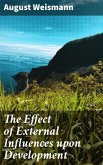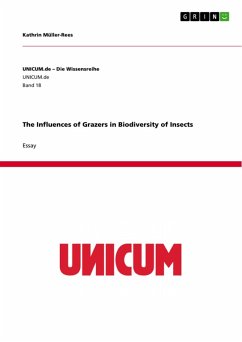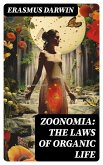In "The Effect of External Influences upon Development," August Weismann presents a groundbreaking exploration of the interplay between environmental factors and biological development. Through a meticulous examination of various species, Weismann employs a scientific yet accessible literary style that bridges both natural history and biology, reflective of the dynamic intellectual debates of the late 19th century. He challenges the predominant Lamarckian views of inheritance by arguing for the primacy of genetic determinants, setting the stage for modern evolutionary thought and emphasizing the importance of separating the effects of nature and nurture in the context of organismal development. August Weismann was a pivotal figure in the history of biology, best known for his germ plasm theory, which fundamentally altered the understanding of heredity and evolution. His rigorous studies in zoology and botany, as well as his interactions with leading contemporaries, such as Charles Darwin, influenced his pursuit to uncover the mechanisms by which external influences shape biological forms. This background equipped Weismann with a critical perspective, propelling him to challenge established norms and seek a deeper understanding of the biological world. This book is an essential read for those interested in evolutionary biology, genetics, and the history of scientific thought. Weismann's insights remain influential today, offering a vital perspective for anyone wishing to grasp the complexities of development and inheritance. Scholarly yet approachable, it invites readers to contemplate the profound implications of environmental influences while appreciating the beauty and intricacies of life.
Dieser Download kann aus rechtlichen Gründen nur mit Rechnungsadresse in A, B, BG, CY, CZ, D, DK, EW, E, FIN, F, GR, H, IRL, I, LT, L, LR, M, NL, PL, P, R, S, SLO, SK ausgeliefert werden.









